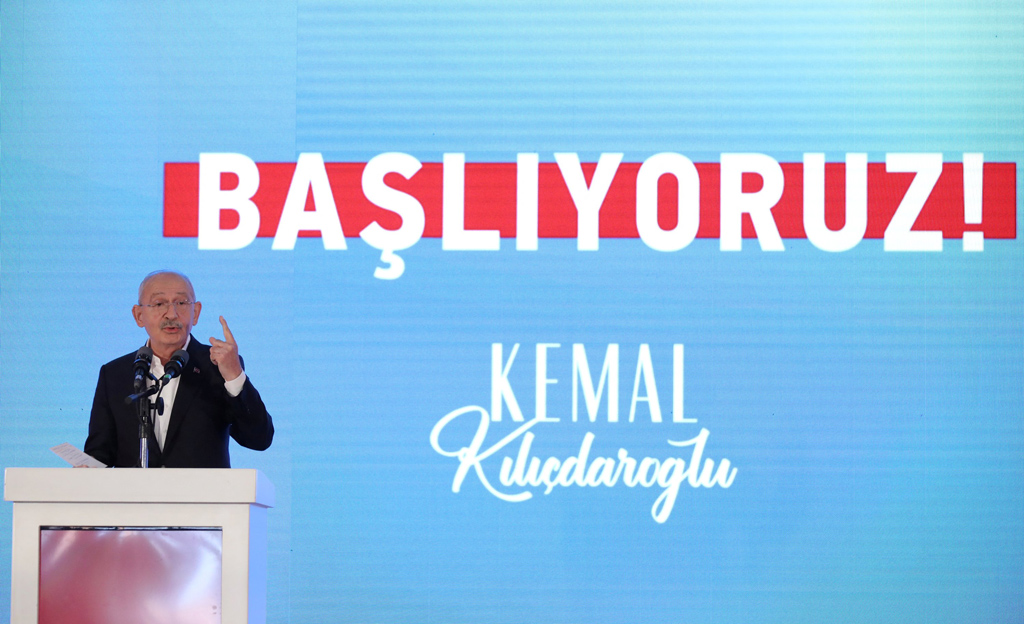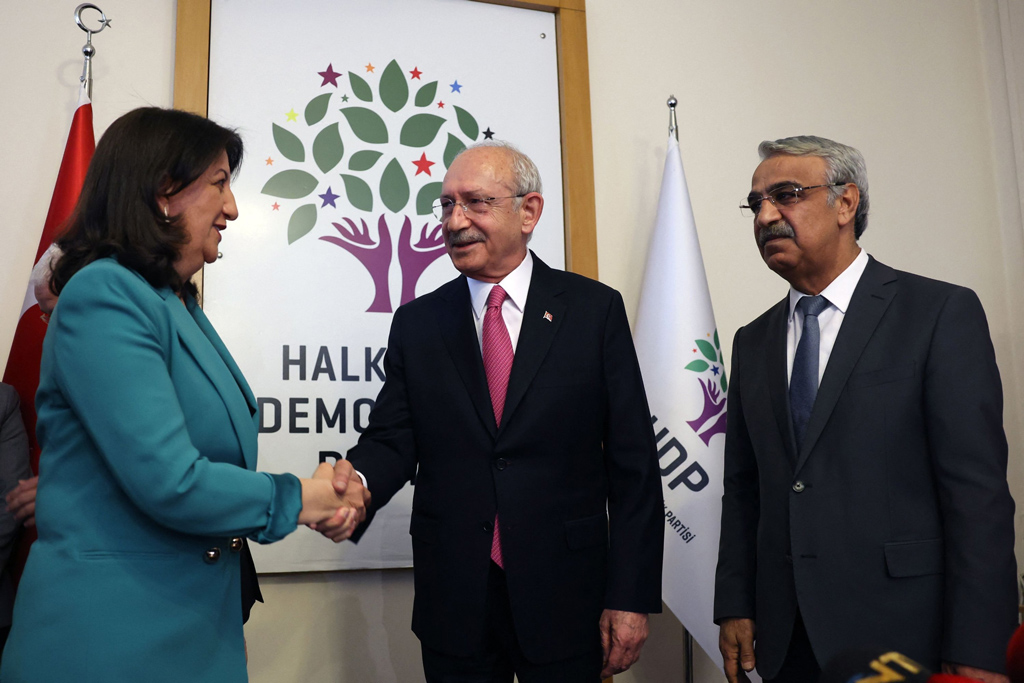The one unchanging rule of politics is that power takes its toll on parties and politicians. The exercise of political power amounts to more than providing public services and creating opportunities for citizens. Power inevitably entails a responsibility to face the outcomes of government policy and to carefully keep the opposition in check. In political life, one simply must perform these two tasks exceptionally well in order to stay afloat. Meanwhile, the secret to mobilizing popular support relates to any given movement's ability to present itself as the best pick for change, reform and welfare.
In democratic regimes, how do political parties and leaders with prolonged tenures shelter themselves from the devastating effects of governing? There are at least three answers to the question: First and foremost, they succeed in creating a discourse that provides a vision for the future and thereby ensures that citizens identify with the movement. Secondly, strong leadership, combined with stability and high quality services, ensures an extended run. The final, and perhaps most important, element relates to the party's ability to reinvent itself whilst still exercising political power - which plays a crucial role for the consolidation of democratic order.
In previous decades, Turkey witness the demise of several political parties whose failure to adapt to changing circumstances led to their disempowerment. The Democratic Party of the 1950s and the Motherland Party of the 1980s are undoubtedly among the most striking examples of such ill-fated experiments. The Democratic Party, which was overthrown by the military in 1960, did not have the luxury of a natural death but the failure of Prime Minister Adnan Menderes, who was promptly executed after the coup, to keep the military command away from the political decision-making process, played an important role in the process. The Motherland Party, in turn, proved incapable of riding the wave of change that it triggered in the first place.
Today, the Justice and Development Party (AK Party), which has remained in power for 12 years, represents a completely different experiment. Until 2007, comprehensive reforms fueled by the EU membership process and an emphasis on economic development constituted the core of the movement's platform. Starting in 2009, however, the party encountered stronger opposition at home and abroad. Having managed to survive the 2013 Gezi Park protests and the Gülenist coup attempt thanks to President Erdoğan's strong leadership, the AK Party continues to win elections mainly due to its ability to change - which relates to the elite level as well as the party's commitment to reform.
Despite significant turbulence and polarization over the past two years, the AK Party proved capable of reinventing itself by upholding the three-term limit, choosing Ahmet Davutoğlu as prime minister, and remaining committed to Kurdish and Alevi initiatives. It is important to keep in mind that such drastic changes have taken place against the backdrop of fierce attacks from opposition ranks. Interestingly enough, both the ruling party's capacity for change and the opposition's arsenal heavily borrows from President Erdoğan's strong leadership. At this point, his opponents are so blinded by the ecstasy of anti-Erdoğanism that they find themselves unable to correctly analyze how the AK Party engages the experience of Turkish modernization.
Today, the civilization discourse that both Erdoğan and Davutoğlu employ presents new horizons and a novel vision for Turkish society. By emphasizing the necessity of Ottoman Turkish instruction and criticizing the downsides of the Kemalist language reform, the duo engages in a mild confrontation with the Republic's early years. Obviously, the government does not intend to change the alphabet or interfere with the language in any other way, but the confrontation itself helps restore the ordinary citizen's take on the country's recent history. In this sense, the presid

What the Opposition cannot See
In democratic regimes, how do political parties and leaders with prolonged tenures shelter themselves from the devastating effects of governing?
Share
Tags »
Related Articles








